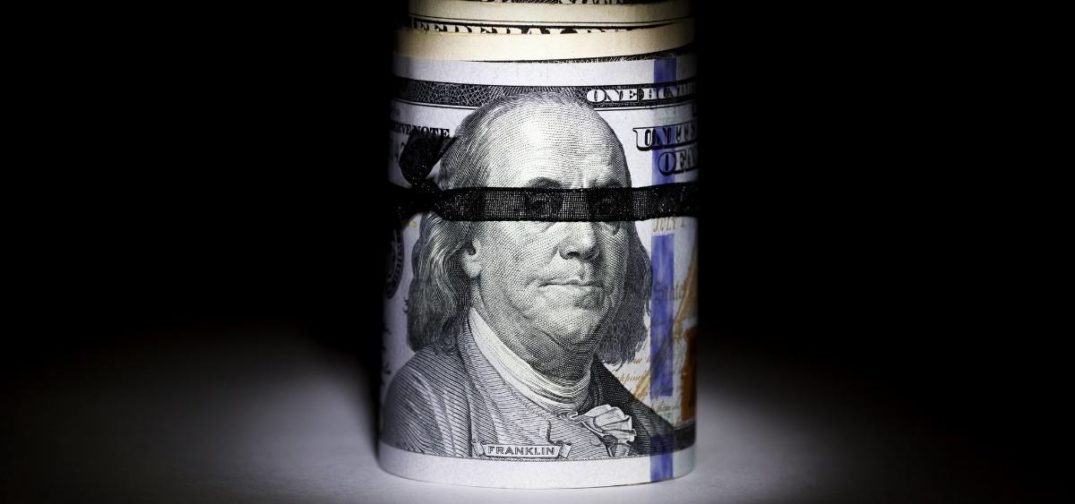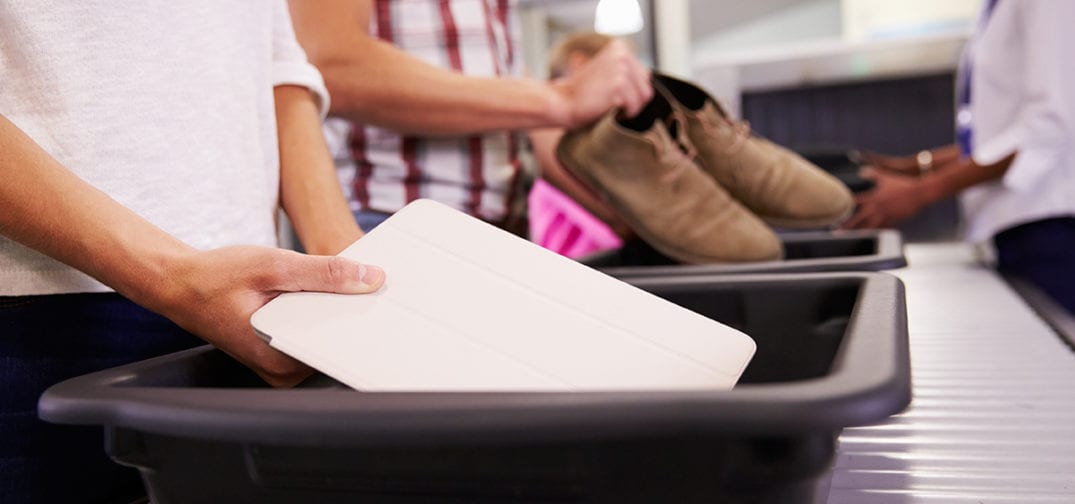Westchester, New York District Attorney Miriam E. Rocah said on Monday that all courts have granted her petition to dismiss all cases involving felony or misdemeanor charges of cannabis possession or sale.
The move includes 184 cases in total and local prosecutors will continue to identify standalone cannabis charges that would no longer be prosecutable, recall any warrants, and dismiss the charges.
“Dismissing all marijuana cases, including underlying bench warrants, has been a priority of mine, and the legislature’s repeal of Article 221 was long overdue. The decriminalization of marijuana possession is critical given the discriminatory way marijuana laws have been used to incarcerate people of color. While Black and white Americans used marijuana at similar rates, people of color are much more likely to be arrested than white Americans for marijuana possession. Our office is committed to reducing this disparity and the dismissal of these cases is an important step.” — Rocah in a press release
Other prosecutors in the state have also taken the step to expunge and dismiss cannabis charges that are now legal. Last month, Bronx, New York DA Darcel Clark dismissed more than 6,000 cases where the primary charge was cannabis possession or sale. Clark’s action included both past and pending cases.
Queens DA Melinda Katz also last month asked the New York City borough’s criminal court to dismiss and seal more than 3,200 low-level cannabis possession cases, including 894 active cases with defendants currently awaiting arraignment and 2,361 cases for which summons were issued and have outstanding warrants.
End























